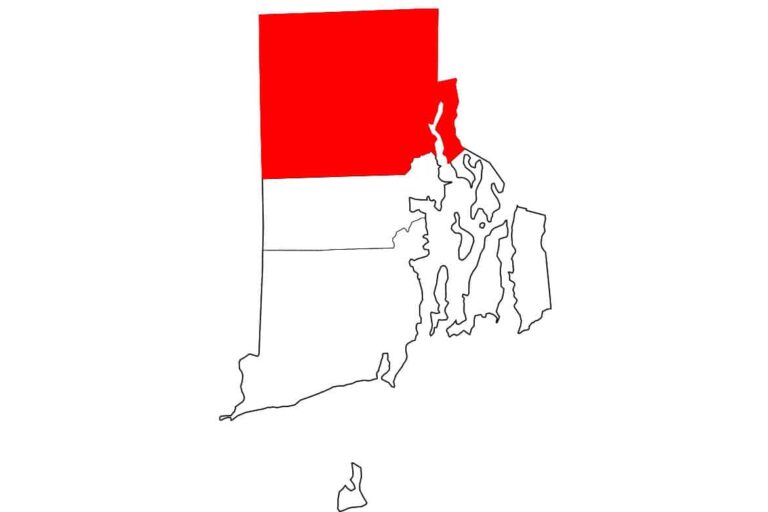
At the 2022 British Equine Veterinary Association (BEVA) Conference, Lucy Grieve, MA, VetMB, MRCVS from Rossdales Veterinary Surgeons in Newmarket, England, addressed the elephant in each practitioner’s “room”: How to influence client behavior to improve their horses’ body condition scores. She commented that veterinarians often face client apathy, resistance to change, and suspicion of veterinary involvement they attempt to educate about healthy body condition. It is especially problematic if the horse owner is overweight themselves.
Obesity Statistics
Grieve began with some sobering statistics about humans. Thirteen percent of the world’s population is obese (2019). Of 1.9 Billion people who are overweight, 650 million are obese. Forty-one million people less than five years of age are obese or overweight. Furthermore, a staggering 4 million people die each year due to obesity-related health effects. There is some heritability component for obesity in 40-75% of humans, she says. Worldwide, 22-44% of pets are obese. However, their issues have more to do with dietary practices as well as some degree of genetic propensity. Labrador Retrievers tend to plump constitutions due to genetic factors. The more cold-blooded and Warmblood horse breeds put on weight more easily than many lighter breeds. Morgan Horses, Arabians, Paso Finos, and ponies also easily tend to develop overweight issues if fed too much and exercised too little.
Factors Involved in Equine Obesity
In general, horses are currently removed from what nature intended, notes Grieve. They are sedentary in many cases, stabled and blanketed with protection from weather changes. They eat super-sized processed meals and/or rich pasture. Their owners often supplement high-calorie forage with sweet feed/grain. Dental care allows for better chewing and absorption of nutrients, and owners control internal parasites with deworming protocols. The key to helping equine patients maintain proper body condition is to improve owner understanding of the risks and consequences of obesity.
“Alteration of the intestinal microbiome can affect weight,” reports Grieve. Studies in mice have demonstrated some interesting outcomes. In one study, intestinal microbes from an obese twin and from the lean twin were given to recipient mice. Those mice receiving microbes from the obese mouse gained more weight than mice given microbes from the leaner twin. In another mouse study, sleep debt and light pollution resulted in higher body mass index and blood glucose levels. Horses are often affected by these variables, so this knowledge might inform helpful mitigation strategies in the stabling area.
Grieve notes that the lifespan of an overweight dog is up to 2.5 years shorter than those in good body condition. Many studies have demonstrated the adverse effects of equine obesity on horses in regard to performance, reproductive success, developmental orthopedic disease, joint health, and hormonal and metabolic factors, to name a few. It is important to increase owner understanding of the dangers of equine obesity and the inherent need for them to control their horses’ diets.
Resource to Share With Clients
Grieve recommends a document from the University of Liverpool, “When the Grass is Greener: The Equine Weight Management Guide” provides a comprehensive resource to share with clients about weight control in horses.(https://www.liverpool.ac.uk/media/livacuk/equine/documents/Equine,Weight,Management.pdf)








